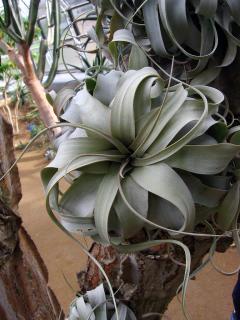I have been annoyed recently by full-page ads in which RIM is advertising the navigational capabilities of their new BlackBerries. They suggest that people can throw away maps and compasses and wholeheartedly embrace the combination of GPS and electronic maps.
I know firsthand how useful GPS can be. As an altimeter or a way of locating yourself in a featureless landscape, it cannot be beaten. Likewise, it is very helpful for quickly figuring out where you are when you are out on the water in a canoe or kayak. All the same, I think there is a fundamental value in being able to read a map, locate yourself on it, and work out a course to where you want to be. It isn’t enough to take a course in these things and forget about it. As with any complex skill, practice is important.
Some common sense is also a necessity, no matter how you are navigating. If your GPS-based automobile navigation system tells you to drive along train tracks, you should be aware that machines are fallible, and highly stupid as well. They have no common sense by which to evaluate whether, for instance, a bridge has been washed out or whether a linear course between A and B includes a series of lethal cliffs. There is also the small matter that some dead batteries a splash of water or a dropped piece of gear could knock out both your map and compass equivalent, if you are relying on a GPS system.
Related posts:
- On GPS, Galileo, and precision
- A post on the nature of time that concerns the GPS system
- On great circles

